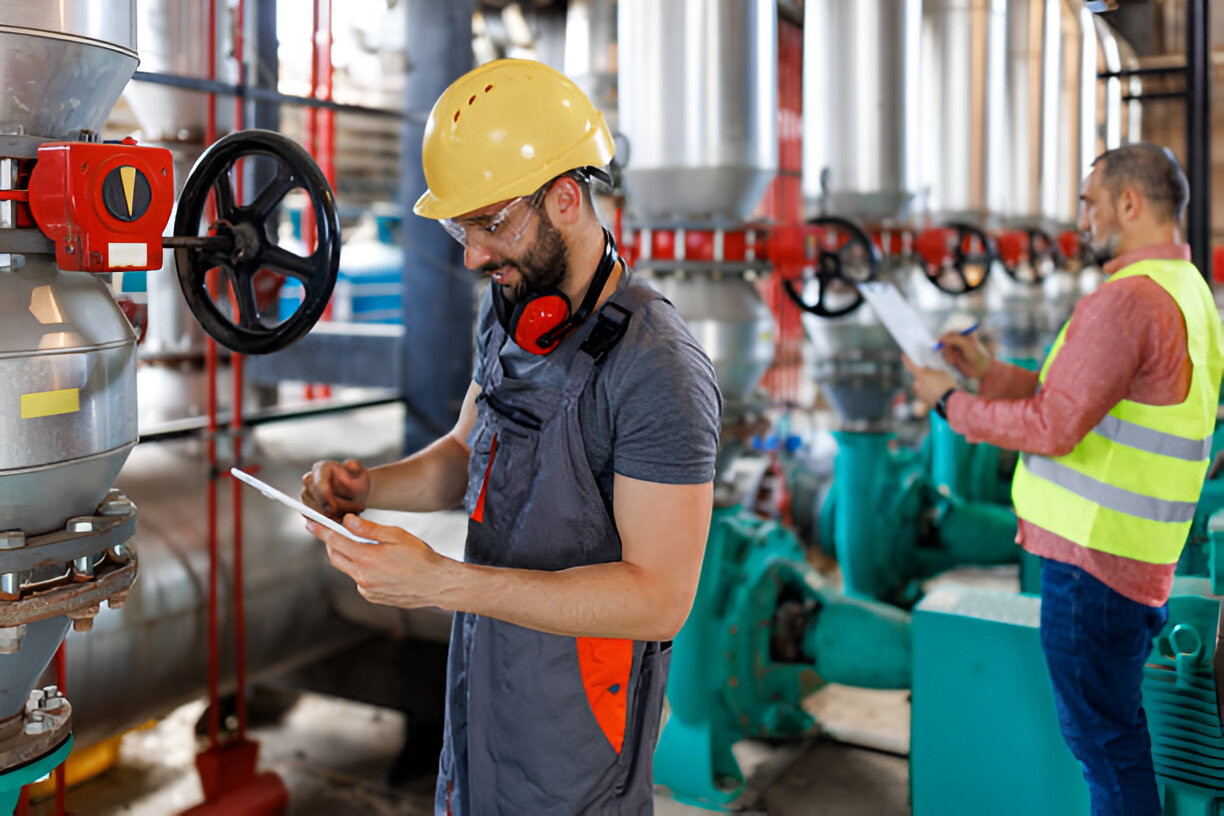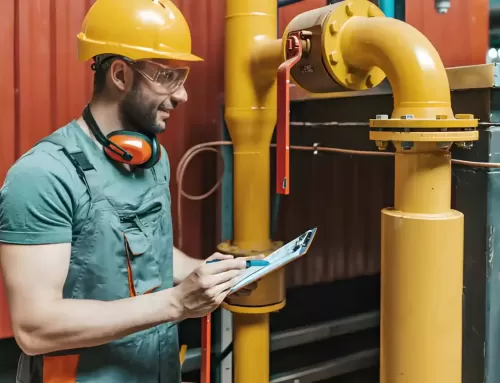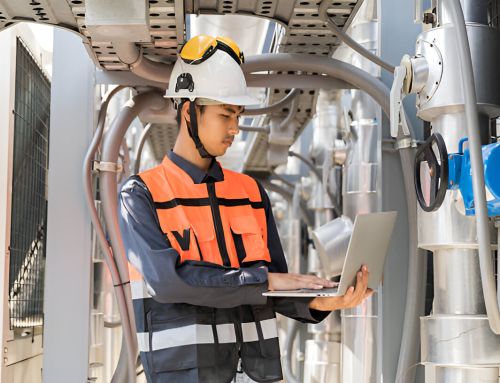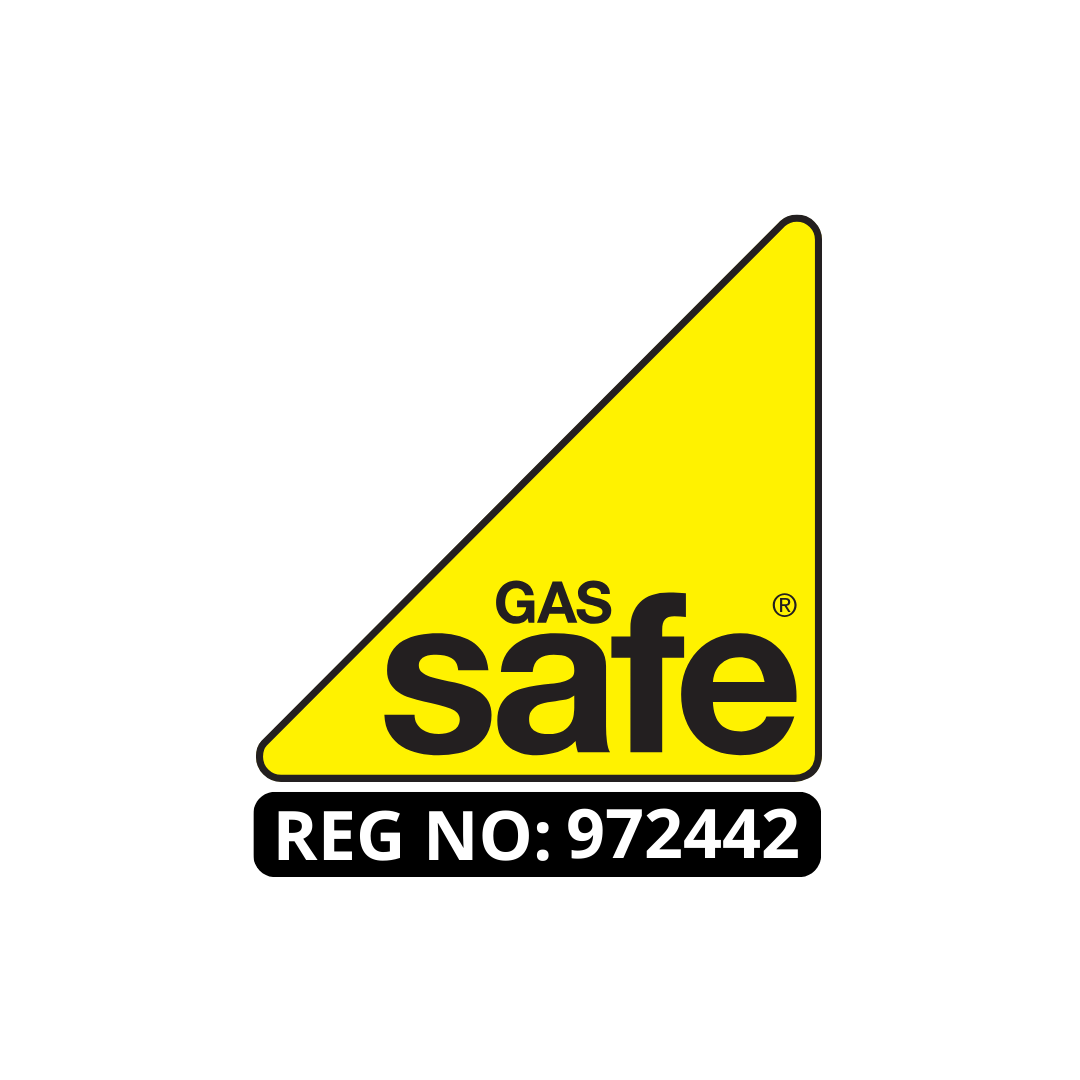
In commercial property management, ensuring compliance with safety regulations is not just a legal responsibility—it’s a cornerstone of protecting lives and assets. Among these regulations, obtaining an annual Gas Safety Certificate stands out as a critical requirement. Far from being a mere formality, this certification plays a vital role in preventing potentially devastating gas-related incidents and ensuring the safety of occupants and visitors alike.
In this blog, we’ll delve into the significance of the Gas Safety Certificate for commercial premises, addressing the challenges, responsibilities, and the high stakes of getting it right.
Importance of Gas Safety Certificates
Gas safety certificates serve as crucial safeguards in commercial premises, ensuring that all gas appliances and systems comply with stringent safety standards.
These certificates are pivotal for maintaining the highest levels of safety, critical in environments where the risk of gas leaks or faults could lead to catastrophic outcomes. They are not merely formalities but are profound measures of precaution, reflecting a commitment to safety and operational excellence.
Obtaining these certificates involves a detailed inspection by certified professionals who assess the integrity and functionality of gas systems.
This rigorous evaluation process not only enhances safety but also instills confidence among property owners, staff, and patrons, reinforcing the premise’s reputation for maintaining a secure and reliable operational environment.
Legal Requirements for Compliance
Ensuring adherence to legal requirements for gas safety is mandatory for all commercial premises.
Regulatory frameworks dictate that operators must secure a Gas Safety Certificate annually, conducted by a registered Gas Safe engineer. This certificate is critical in verifying that all gas appliances, installations, and associated pipework are maintained in a safe, compliant condition.
Failure to comply can result in severe legal consequences, including fines and prosecution, as well as potential harm to human life.
It is the responsibility of the premises owner to ensure that inspections are up-to-date and that any remedial action required is completed promptly to uphold safety standards and regulatory compliance, thereby mitigating risks associated with gas systems in commercial environments.
Steps to Obtain a Certificate
Acquiring a Gas Safety Certificate involves several key steps, each critical to ensuring compliance with safety regulations.

Initially, the property owner must hire a certified gas safety engineer, accredited by an approved body. This professional will conduct a comprehensive assessment of all gas appliances, pipework, and flues to identify any operational discrepancies or hazards.
The inspection typically includes checking for gas leaks, testing appliance functionality, and verifying ventilation passages are clear and operational.
Following the evaluation, the engineer drafts a detailed report. If the inspection uncovers no safety concerns, the engineer will issue the Gas Safety Certificate.
Otherwise, corrective measures must be implemented and re-assessed before certification can be granted, ensuring adherence to stringent safety standards.
Common Violations and Consequences
Despite rigorous regulations, common violations related to gas safety often occur, leading to significant consequences for commercial premises.
These infractions typically include improper installation of gas appliances, inadequate maintenance, and the use of uncertified equipment. Such breaches not only jeopardize the safety of occupants but also expose the property to severe legal repercussions.
Fines and penalties are common, but in severe cases, violations can lead to business closure or even criminal charges. Furthermore, non-compliance with gas safety standards significantly increases the risk of gas leaks, explosions, and fires, which can result in catastrophic damage and loss of life.
Ensuring adherence to safety protocols and regular inspections is crucial to avoid these dire outcomes.
Role of Qualified Gas Engineers
To mitigate the risks identified in common violations and their severe consequences, the expertise of qualified gas engineers becomes indispensable in the commercial sector.
These professionals are rigorously trained and certified to handle complex gas systems, ensuring compliance with stringent safety standards. Their role extends beyond mere installation and maintenance; they are pivotal in conducting thorough inspections and assessments.
This proactive approach aids in identifying potential hazards before they escalate into catastrophic failures. Furthermore, qualified gas engineers are adept at advising on the latest safety technologies and system upgrades, enhancing overall safety infrastructure.
Their strategic interventions not only safeguard premises but also contribute significantly to operational continuity, minimizing downtime and financial losses due to gas-related incidents.
Renewing Your Gas Safety Certificate
Ensuring the continuous safety of commercial premises requires the periodic renewal of your Gas Safety Certificate.

This vital document, mandated by law, must be updated annually to comply with national safety regulations.
The renewal process involves a thorough inspection by a certified gas engineer who assesses all gas appliances and systems to ensure they meet stringent safety standards.
During this evaluation, any necessary repairs or adjustments are identified and must be addressed promptly to maintain certification.
Failing to renew the certificate can lead to legal repercussions, including fines and potential closure of business operations.
It is crucial for business owners to schedule these inspections in advance to avoid lapses in compliance and ensure uninterrupted operation.
Preventative Measures and Best Practices
Maintaining a high standard of gas safety necessitates the implementation of preventative measures and adherence to established best practices.
To ensure the integrity and safety of gas systems within commercial premises, consider the following strategic actions:
- Regular Inspections: Schedule annual inspections by certified professionals to identify and rectify potential hazards.
- Employee Training: Ensure all staff are trained on gas safety protocols and emergency procedures.
- Installation Verification: Use accredited technicians for the installation and maintenance of gas equipment to guarantee compliance with safety standards.
- Emergency Protocols: Establish and regularly update emergency response plans, including clear evacuation routes and contact information for emergency services.
Adopting these measures can significantly mitigate risks and enhance safety in commercial environments.
Conclusion
In conclusion, the Gas Safety Certificate is an imperative component for commercial premises, serving as a critical measure for ensuring compliance with safety standards and legal obligations. Regular inspections by qualified gas-safe engineers not only prevent potential hazards but also reinforce public trust and business integrity. Timely renewal and adherence to best practices in gas safety management can significantly mitigate risks, thereby protecting both human lives and property from the dangers of gas-related incidents.
Our Pricing
| Our Gas Safety Certificate Prices |
|---|
| Gas Safety Certificate 1 Appliance £45 |
| Gas Safety Certificate 2 Appliance £55 |
| Gas Safety Certificate 3 Appliance £65 |
| Gas Safety Certificate & Boiler Service £74.99 |
Check Out Our Other Services
About the Author: LandlordCertificate
Related Posts
Get Social
Recent Posts
- Gas Safety Certificates: A Complete Guide for Property Professionals
- Fire Risk Assessment: Why Every Building Needs a Safety Blueprint
- Fire Safety Inspection: Ensuring Your Property is Safe
- Fire Safety Service Misconceptions That Put Landlords at Risk in the UK
- Compliance value of asbestos management survey













